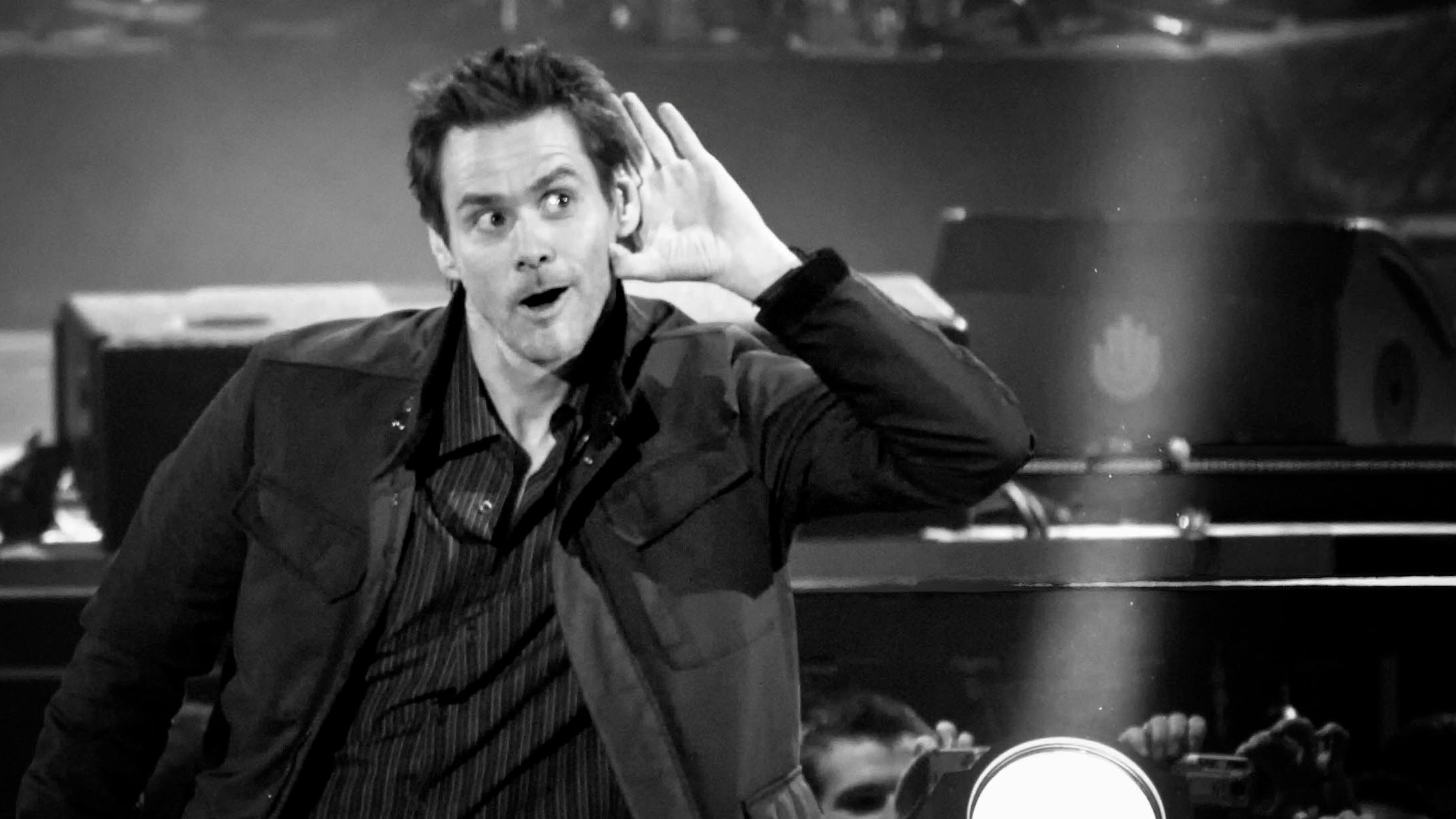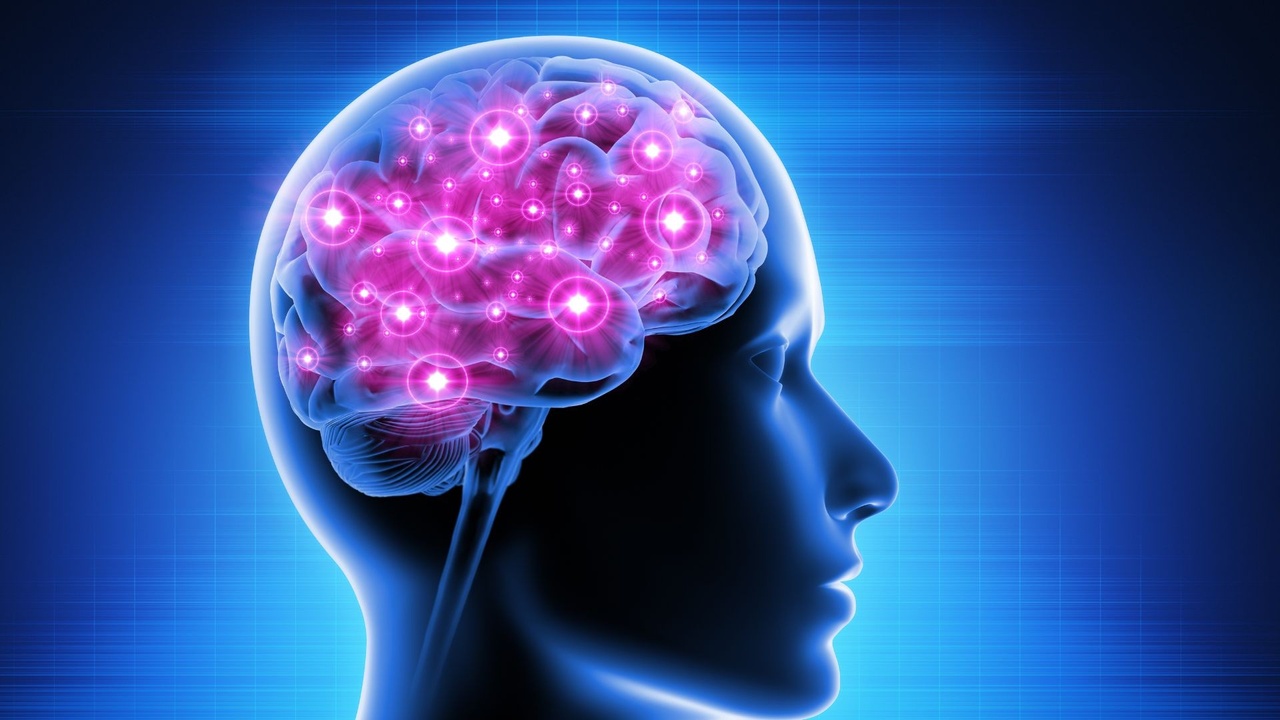Jim Carrey's Sudden Awakening

I came across a quote by Jim Carrey and I wanted to share it with you:
"After knowing Eckhart Tolle for a while and studying the books, I woke up and suddenly got it. I understood suddenly how thought is just illusory, and that thought is responsible for most, if not all of the suffering we experience.
And then I suddenly felt like I was looking at thoughts from another perspective, and I wondered, who is it that is aware that 'I' am thinking? And suddenly I was thrown into this expansive amazing feeling of freedom - from myself, from my problems.
I saw that I am bigger than what I do, bigger than my body. I am everything and everyone. I am no longer a fragment of the universe. I am the universe."
~ Jim Carrey
I like this quote but I worry it perpetuates the incorrect idea that awakening will immediately solve all of our worldly problems. It won’t.
“Spiritual awakening does not immediately solve all of your problems, nor does it mean your life from then on, will be free of challe...
Meditation for Depression

"I’ve heard that meditation can help reduce the effect of depression because of how it affects the brain. Is that true? How does it work? I’m more scientifically minded."
I can explain it, but first I want to suggest you reach out to a mental health professional for support. These people are trained to help you deal with issues like depression. You don’t have to go through it alone.
Now, with that said, let’s talk about meditation and depression.
Meditation has been found to change certain brain regions specifically linked with depression.
For example, the Medial Prefrontal Cortex becomes hyperactive in depressed people. This area of the brain is often called the "me centre" because this is where you process information about yourself, such as worrying about the future and ruminating about the past. When you get stressed about life, this area goes into overdrive.
Another brain region associated with depression is the amygdala, or "fear centre." This is the part of the brain respon...
How to stop your brain cells dying

I came across an interesting study from a researcher named Eileen Luders, who is affiliated with UCLA.
Her team had been studying the brains of people who meditate regularly.
She used MRI scans to collect data on the participants. Her various studies showed meditation has a remarkable impact on the brain.
What’s interesting about this research is how several meditation techniques were represented, such as Zen, Vipassana, Raja yoga meditation, and Tibetan meditation.
And then Eileen had an idea!
She got her team to create an algorithm that would “guess” the age of a brain based on an MRI scan.
The algorithm was accurate. If you fed the MRI scan of an average brain into it, the program would “guess” the age of the brain correctly.
But something interesting happened when she fed the MRI scans of meditators brains into it.
The algorithm would “guess” incorrectly. It would give a much younger age prediction for those brains.
Surprisingly, meditators at the age of 50 had brains that...
Mindfulness vs Mantra Meditation. What are the differences?

Mindfulness and mantra meditation - What are they?
Mantra meditation is known by various names in the West, like Transcendental meditation (TM), Vedic meditation, Deep meditation or Himalayan meditation for instance.
Mindfulness can also be known by other names, such as Vipassana or insight meditation.
Mantra meditation is a classic style of practice from India, usually taught by a teacher who guides practitioners to use the mantra in a very specific way during classes spread over a few days.
Mindfulness is more widespread and is often found in yoga studios and on the majority of meditation apps.
Typically in mantra meditation you sit comfortably in a normal chair with the back supported. You hold a mantra (given to you by a teacher) delicately in your mind in such a way that mental activity decreases and the body relaxes.
Mindfulness practice usually involves sitting upright with no back support observing things like breath, body sensations, sounds, thoughts or emotions (and so ...
